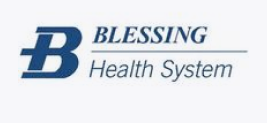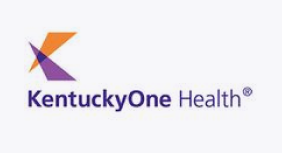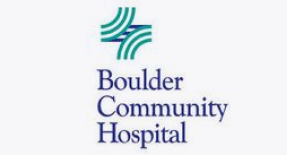April 30, 2022
6 Elements of A Specialty Pharmacy Business Plan

As more and more hospitals begin to wonder if a specialty pharmacy is right for them, their first question should be “Why Do We Want To Do This?”.
It is imperative to start the process of understanding if a specialty pharmacy is right for your hospital, with a business plan. without one, you won’t fully understand the financial feasibility or the logistical hurdles that will need to be overcome.
One: Outline the Strategic Reasons For a Move Into Specialty Pharmacy.
You will need to outline the goals of the pharmacy, which will probably involve some combination of profit and patient care.
It is important to work with your colleagues as well as member of your C-Suite to understand how the pharmacy will fit into the longer term strategic plans of the hospital. For example, If your hospital has a strategic objective to grow physicians in specialty areas like Oncology, Neurology, Rheumatology, plus a few others, then a specialty pharmacy would probably align well with these strategic initiatives.
Two: Develop the economic feasibility of the pharmacy by:
- Identify the product opportunities: This will relate to the type of specialty physicians that the hospital has close ties with. Some of the biggest areas for specialty pharmacy are Oncology, Infectious Disease, Inflammatory Conditions and MS
- Defining the customers: It isn’t just patients that are your customers; You also have to recognize that physicians and their staff are important channels for directing patients your way.
- Investigating the payers: Medicare is the simplest form of payer for specialty pharmacy as they allow ‘any willing pharmacy’ to fill specialty prescriptions. However, the remaining pool of payers is more complex. Medicaid will be dependent upon the state that the patient is located, and most of the bigger private insurers direct patients to their own pharmacies.
- Identifying competitors: In this case, some of the bigger organizations like Diplomat and Walgreens Specialty are competitors, however you also have your private insurers, with their own specialty drug distribution arm that are acting as competitors. It is important to analyze how you can best compete against this varied competitor pool.
Three: Outline the optimal path to execution by determining how the pharmacy is going to capture, fill and dispense specialty prescriptions
To maximize volume, you will need to understand how prescriptions that are written by your physicians will be captured and sent to your pharmacy. You will also need to develop a strategy to minimize leakage, particularly when it comes to refills.
It is important to ‘sell’ your pharmacy services to your internal champions (physicians, clinical staff, etc.) and why a hospital-owned and managed specialty pharmacy provides superior patient care, while also reducing administrative burdens for the physicians and their offices.
Four:Analysis of the types of infrastructure needed as well as space requirement
Understanding the logistical and infrastructure needs is a crucial step in choosing where to locate a pharmacy. The hospital needs to ensure it has the right space (unlike outpatient pharmacies, location is not as important, as most of the drugs are shipped to the patients home), technology and processes.
Five:An understanding of the optimal organizational structure:
Will the pharmacy sit alone? Will it report into the hospital’s director of pharmacy or one of the outpatient businesses?
Six:Determine staffing needs
Specialty pharmacies offer services above and beyond those typically offered at the outpatient level and requires staff with strong customer service skills. There will also be a much greater need for staff that understand the prior authorization process. There is also the possibility that you will need to provide 24-hour access to pharmacists. Further, it is helpful to have someone that is dedicated to finding financial assistance for patients who can’t afford the copays (or who don’t receive insurance authorization) for these high cost drugs. Another consideration is the potential requirement for bilingual staff for hospitals with a large non-English speaking patient base.
If you begin a business plan process with the above six elements, it will put you well on your way to understanding how a specialty pharmacy can fit into your healthcare organization.











